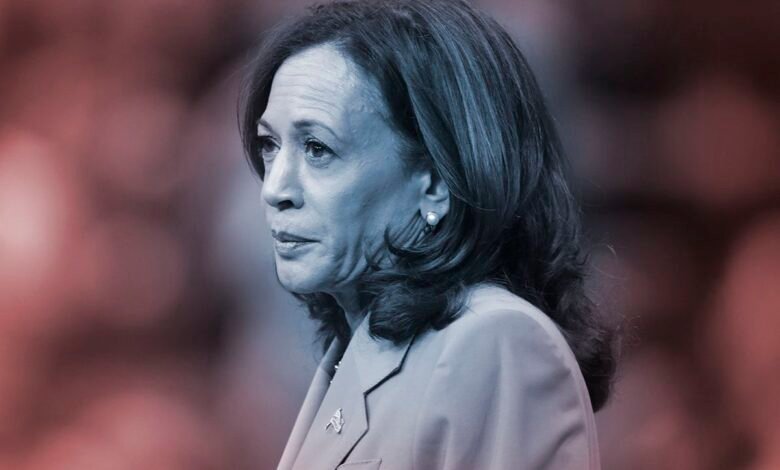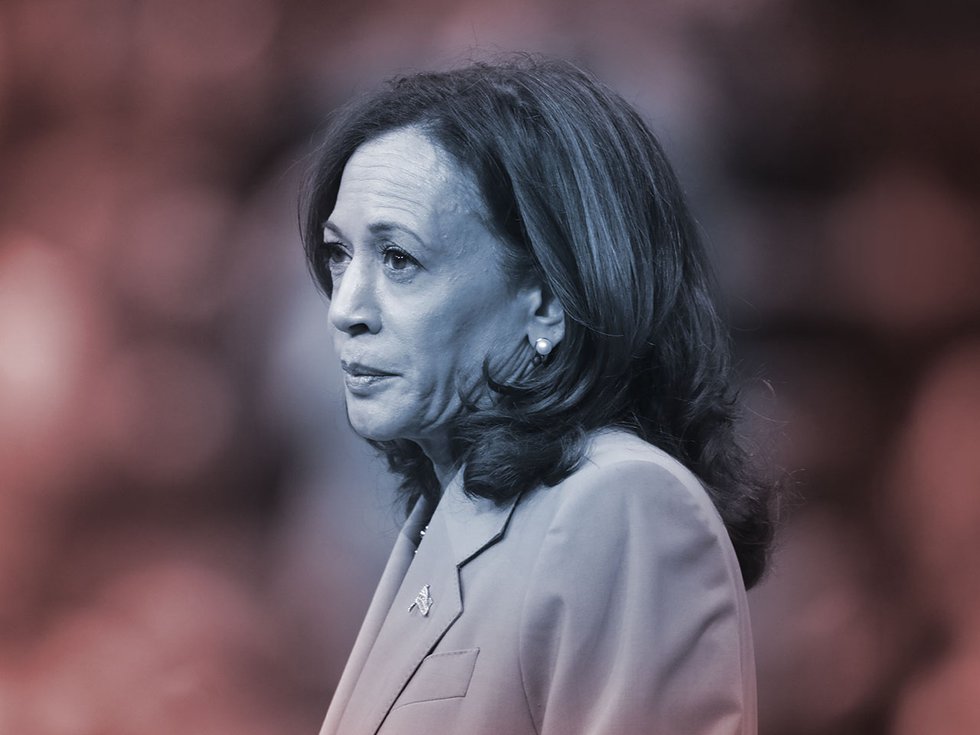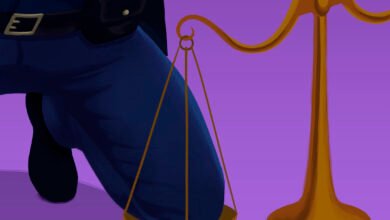History beat Harris – Isthmus


It’s okay, even necessary, for a political party to do some soul-searching when it loses as badly as my party did on Tuesday. But let’s make a distinction between sober reflection and finger-pointing.
I will not point a finger at any person. I’ll blame history. I’ll get to that in a bit, but first let me list all those I will not blame.
I will not blame Kamala Harris. She turned out to be an excellent candidate who ran a near flawless campaign. I thought her messaging and the persona she presented were terrific. She worked hard and she had plenty of money and organization. The problem was not the candidate.
I will not blame Joe Biden. It’s true that Biden should never have sought a second term and he stayed in the race too long after his disastrous debate performance. It’s also true that he only finally got out, kicking and screaming, when Nancy Pelosi engineered his departure. But none of that cost Harris the election. In fact, I’ll argue that the lack of a bruising primary and the way Harris — helped by Biden — was able to quickly bring the party together behind her was an advantage.
I will not blame Tim Walz. If the election had come down to Pennsylvania we might second-guess Harris’ choice of a running mate. Josh Shapiro might have been better. But in the end it didn’t matter.
I will not blame the progressive or moderate wings of the party. Everyone set aside their differences and pulled together, from Bernie Sanders to Rahm Emanuel.
In Wisconsin, I will not blame party chair Ben Wikler. The guy has done amazing work, from far out-fundraising the Republicans to running circles around them in the ground game. This election was not lost for technical reasons.
All right then, so who do I hold responsible? Well, it’s not who, but what. Right now Democrats are just on the wrong side of history.
By happenstance, I find myself reading Age of Revolutions by Fareed Zakaria. It’s helping me understand what’s been going on since about 2016 and it’s helping me put Tuesday in perspective.
Zakaria points out that in 2006, Tony Blair observed that the new tension in the world was no longer going to be between traditional left and right, but between open and closed societies. Open societies have dominated the West in the last couple of centuries or more. They’re for free markets, trade, immigration, diversity, and free-wheeling technological progress. Closed societies want to restrict trade and slash immigration while they view diversity and technology with suspicion.
When the economic benefits of open societies start to accrue to a mostly urban elite, things start to get tense. And when the economic and cultural gap between urban elites and the larger numbers of less affluent and more culturally conservative people outside of cities become untenable, something snaps. There’s a backlash and open societies close down. It’s just a question of how much.
Zakaria gives the example of what happened in the Netherlands, arguably the world’s first truly open society. Technological and organizational advances in shipping helped make Holland incredibly rich while limited land availability made it more urban than any other place on earth. Moreover, the cooperation needed to reclaim land from the sea and maintain it created social and governmental structures that produced benefits in other realms. By 1600, Holland had the world’s first real republic.
Then things started to unravel. The efficient government — led by urban, educated merchants — saw wars as drains on commerce and so sued for peace with Spain. But that meant disinvestment in rural defense works, which produced a widening gap between rural and urban regions. At the same time the rise of guilds produced organized entities that sought protectionism, which the liberal government thought to be inefficient (because it was), while they were also religiously conservative (which the liberal government was not).
So, the republic was deposed and a modified monarchy reinstated. Eventually, of course, Holland returned to its liberal course, but recently Geert Wilders and his Party for Freedom are making gains in their efforts to bring the Netherlands back to a more closed society. The same thing is happening in France and all over Europe and other parts of the world. This is not just America’s problem and it certainly didn’t start with Kamala Harris or even Joe Biden.
So, in short, Harris and her party have simply been caught in an historical moment that isn’t new and might have been predicted. The frustrations of those left behind by trade and technology have found a voice in Trump’s hard-right populism. And no amount of money, organization, polling, focus groups or message massaging would have made much of a difference.
The challenge is to find a satisfying classically liberal answer to the frustrations felt by those left behind when societies embrace openness.
Dave Cieslewicz is a Madison- and Upper Peninsula-based writer who served as mayor of Madison from 2003 to 2011. You can read more of his work at Yellow Stripes & Dead Armadillos.



